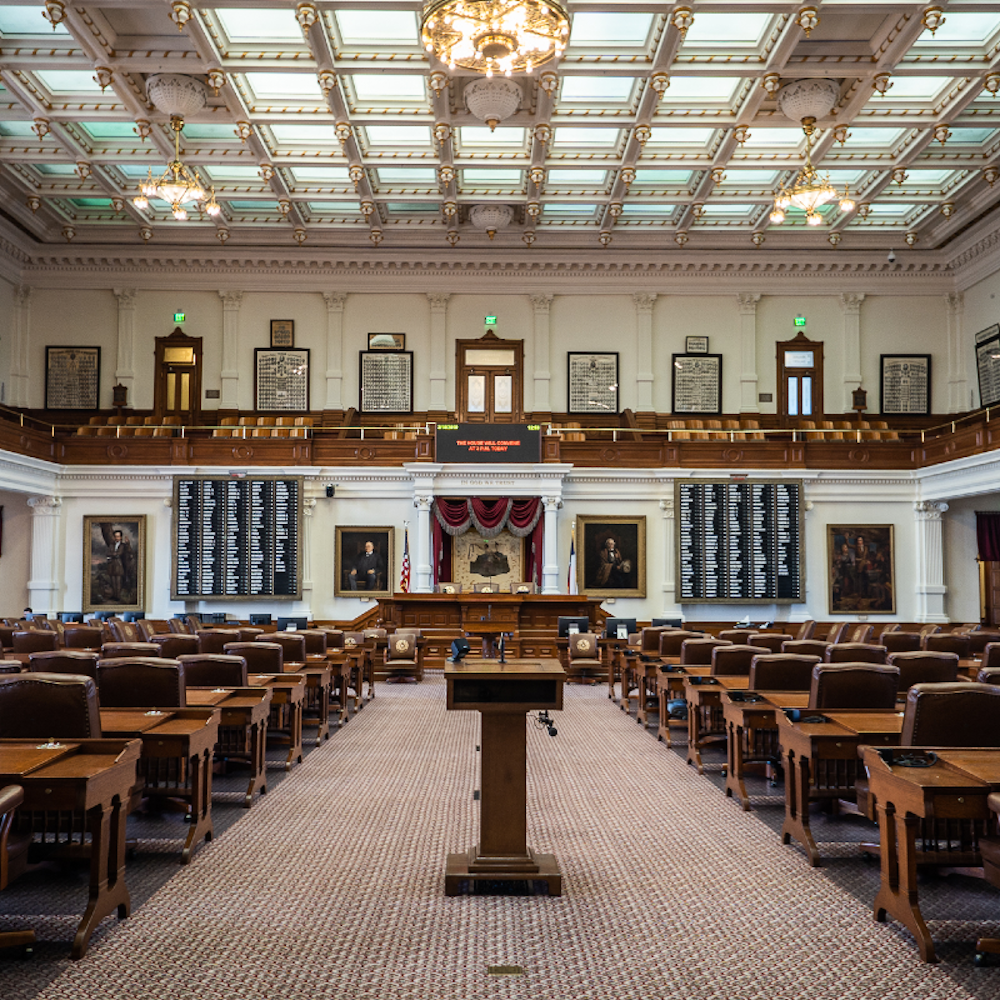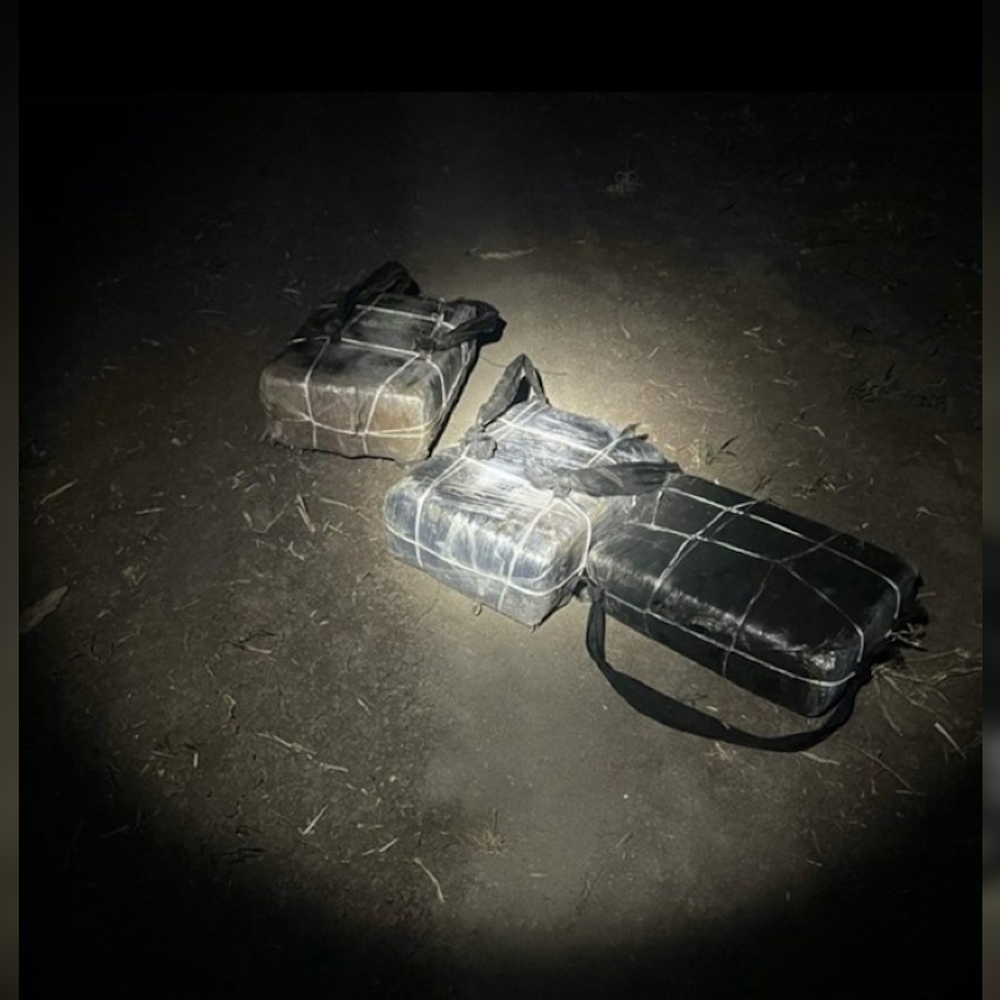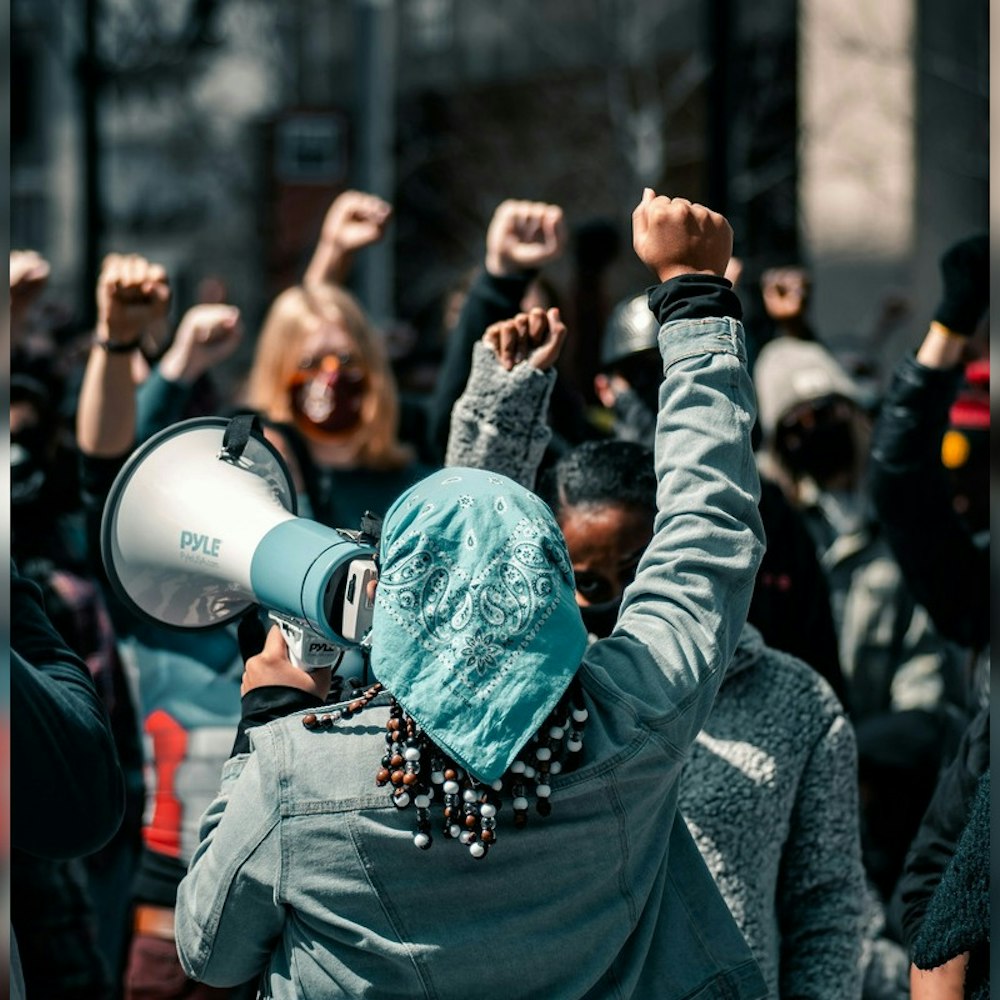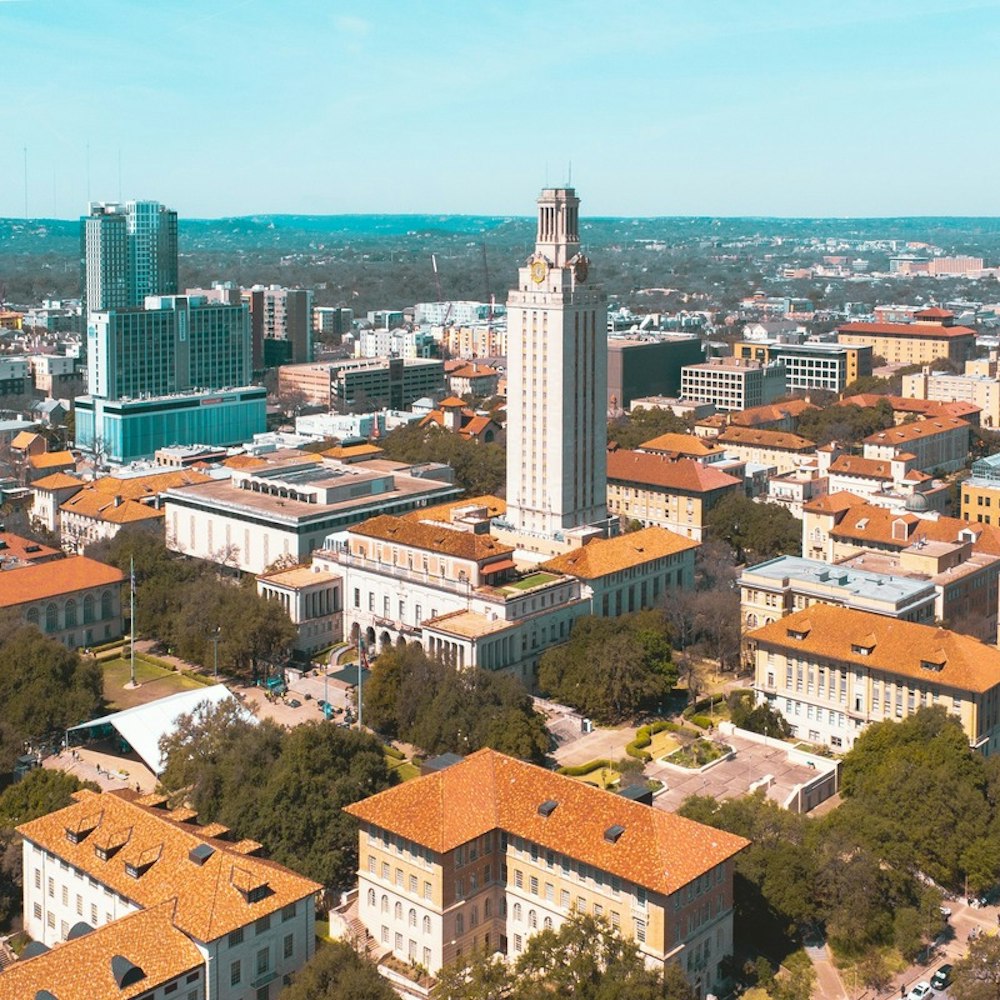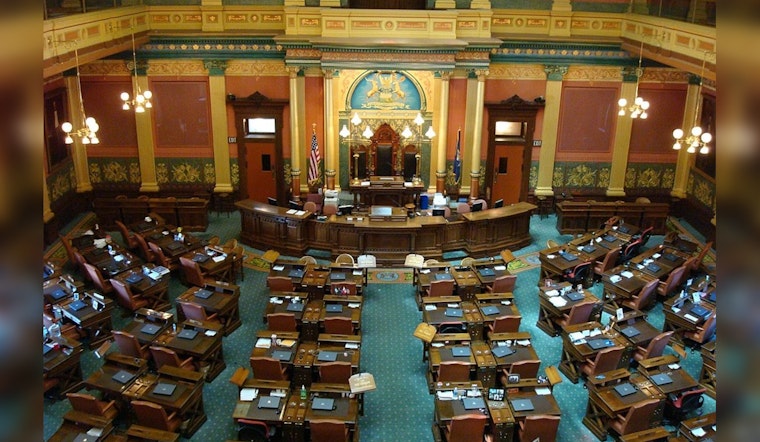
Michigan lawmakers are cracking down on hate crimes with revived legislation that adds more protections and establishes clearer boundaries between hate speech and criminal action. After initial bills floundered last year, the Michigan House Committee on Criminal Justice has approved a new set of measures met with both applause and skepticism.
The updated bills, as reported by CBS Detroit, aim to clarify intent and draw a more distinct line under the First Amendment. Representative Noah Arbit, one of the bill's sponsors, testified that the new bills remove controversial intimidation verbiage in favor of stalking, which is seen as a refinement to clearly define actions already deemed criminal in Michigan law. Arbit was cited saying, "The fact is, this isn't just an LGBTQ bill, and that's what bothered me about all the disinformation last year, too, besides the fact that it was all fake news." Critics last year had claimed, without merit, that the then-propositions could unjustly penalize people for inadvertently misgendering someone.
Further details from Michigan Public reveal that the legislation would extend the 1988 ethnic intimidation law by encompassing further attributes including sex, sexual orientation, gender identity, and disability among others. The penalties for violations range in severity but would consistently be classified as felonies.“While free speech, including hate speech, is a protected right, no one has a constitutional right to commit a criminal act, or threaten to commit a criminal act, against someone else ... because of how they look, how they speak, how they worship, or who they love,” Arbit explained.
In the shadow of an alleged hate crime at Michigan State University, these bills, embracing House Bills 5400-5401, are not just legislative text but symbols of the state's stance against bigotry. Caught in the act in the library at the University, seven individuals were tied to the April 15th incident and were identified as non-affiliates of the school, according to a report from News Channel 3. Arbit insisted the state is ill-equipped to dole out justice for hate crimes under current laws and emphasized none of the proposed revisions would impinge on First Amendment rights. Republicans, still concerned over the legislation's actual effects, questioned its redundancy. Representative Robert Bezotte inquired about the necessity to specify hate crimes within the penal code when current charges like felonious assault already apply.
The legislation's journey is ongoing, now readying to face the full House floor for further action. After a party-line vote in committee, eyes are on whether the bipartisan gridlock will give way to protecting Michigan citizens with stronger hate crime laws. Reflecting the diverging views, the five Republican committee members abstained from the vote, and attempts for comment were met with silence or declination.

